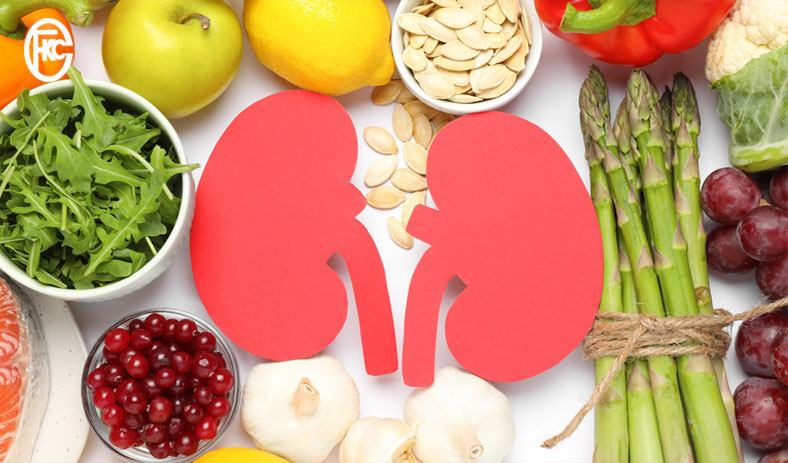
Overview:
Maintaining good nutrition is essential for maintaining kidney health. The kidneys play a vital role in filtering waste and toxins from the blood, regulating fluid balance, and maintaining electrolyte levels. By eating the right foods and following a well-balanced diet, you can support your kidney health and prevent complications.
Here are some following tips for eating right to support your kidneys:
1. Manage your sodium intake:
Limit your consumption of processed and packaged foods, as they are usually high in sodium. Instead of salt opt for fresh, whole foods and use herbs and spices to add flavour.
2. Control your protein intake:
High-protein diets can put strain on the kidneys. Limit your intake of red meat, poultry, and fish, and consider opting for plant-based protein sources like beans, lentils, and tofu.
3. Monitor your potassium levels:
If you have kidney disease, your kidneys may struggle to regulate potassium levels. Limit your intake of high-potassium foods like bananas, oranges, spinach, and potatoes.
4. Keep an eye on phosphorus:
Kidney disease can cause excess phosphorus to build up in the blood. Limit your consumption of phosphorus-rich foods like dairy products, nuts, seeds, and whole grains.
5. Control your portion sizes:
Eating large portions can put extra strain on your kidneys. Be mindful of portion sizes and try to eat smaller, more frequent meals throughout the day.
6. Stay hydrated:
For maintaining kidney health drinking enough water is important. If you are physically active or live in a hot climate, then drink at least 8 glasses of water per day, or more.
7. Limit your caffeine and alcohol intake:
Both caffeine and alcohol can dehydrate the body, placing additional stress on the kidneys. Enjoy these beverages in moderation and stay well-hydrated.
8. Choose healthy fats:
For overall health these fats are beneficial and can help reduce inflammation. Fats like avocados, nuts, and olive oil are the sources of health.
9. Increase your fibre intake:
Eating a diet rich in fibre can help regulate blood sugar levels and promote healthy digestion. Plenty of fruits, vegetables, whole grains and legumes must be in your diet.
10. Limit your intake of refined sugars and carbohydrates:
Consuming too much refined sugar and carbohydrates can lead to weight gain and increase the risk of diabetes, both of which can negatively impact kidney health.
Conclusion:
Eating right and maintaining good nutrition is crucial for supporting kidney health. By following these tips, including managing sodium intake, controlling protein intake, monitoring potassium and phosphorus levels, controlling portion sizes, staying hydrated, choosing healthy fats, increasing fibre intake and limiting refined sugars and carbohydrates. Take charge of your diet and make proactive choices to support your kidneys and overall well-being.